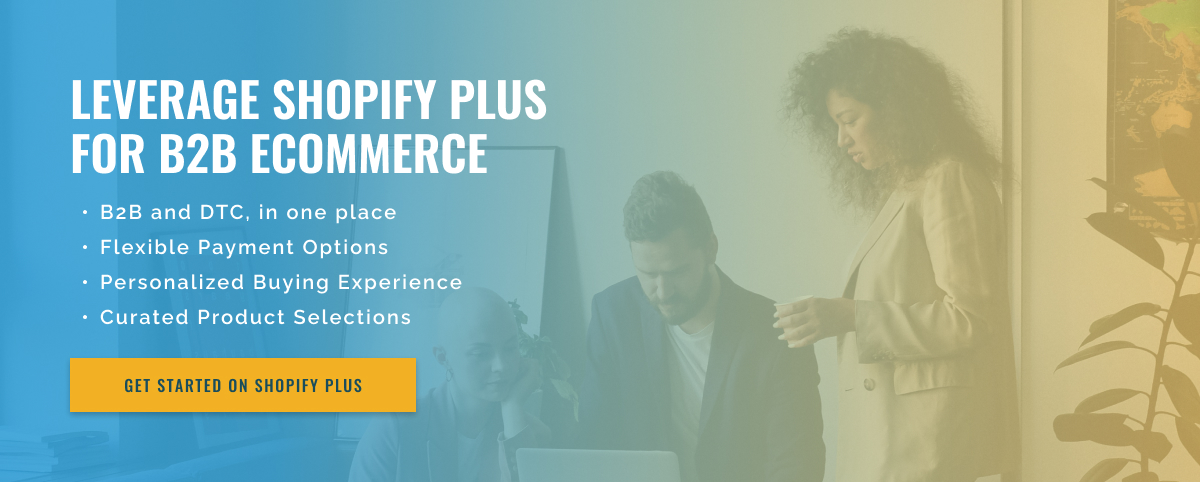3 minute read
Maximizing B2B Customization with Shopify Metafields
Shopify has become one of the leading eCommerce platforms for businesses of all sizes, including B2B businesses. With its wide range of features and customizable options, it’s no wonder that many developers choose Shopify to build their clients’ websites.
One of the main tools that developers use on Shopify is Metafields, which allows them to add custom data attributes to their clients’ online stores. Metafields are additional pieces of data that you can add to products, collections, customers, orders, and other objects on your Shopify store. They’re essentially customizable fields that can store any information you want, such as customer preferences, unique identifiers, or additional product details. This makes them incredibly useful for B2B businesses, as they often require more specialized data and features than traditional B2C stores.
So how exactly do developers use Metafields on Shopify to create custom data attributes for B2B customers? Let’s take a closer look.
First, developers can use metafields to add custom fields to products. This is especially useful for B2B companies that sell products with unique and complex variations, as it allows them to add specific details such as SKU numbers, manufacturer codes, or custom pricing options. This not only makes it easier for B2B customers to find and purchase the products they need, but also streamlines the ordering process for both the customer and the company.
Additionally, developers can use metafields to create custom fields for customers. B2B companies often have different types of customers, with different needs and preferences. Using Metafields, developers can create unique profiles for each customer, where they can store information such as billing terms, order history, or specific discounts and price levels. This makes it easier for companies to provide B2B customers with personalized experiences, ultimately leading to stronger relationships and greater customer loyalty.
Moreover, developers can use metafields to add custom fields to orders and invoices. This is especially useful for B2B companies that need additional information about their orders, such as purchase orders, shipping information, or tax exemption certificates. By using Metafields, developers can streamline these processes and ensure that all necessary information is included with each order. In addition to these benefits, developers can also use metafields to create custom data attributes for other objects, such as collections or blogs. This gives companies even more opportunities to offer specialized features and information to their B2B customers.

